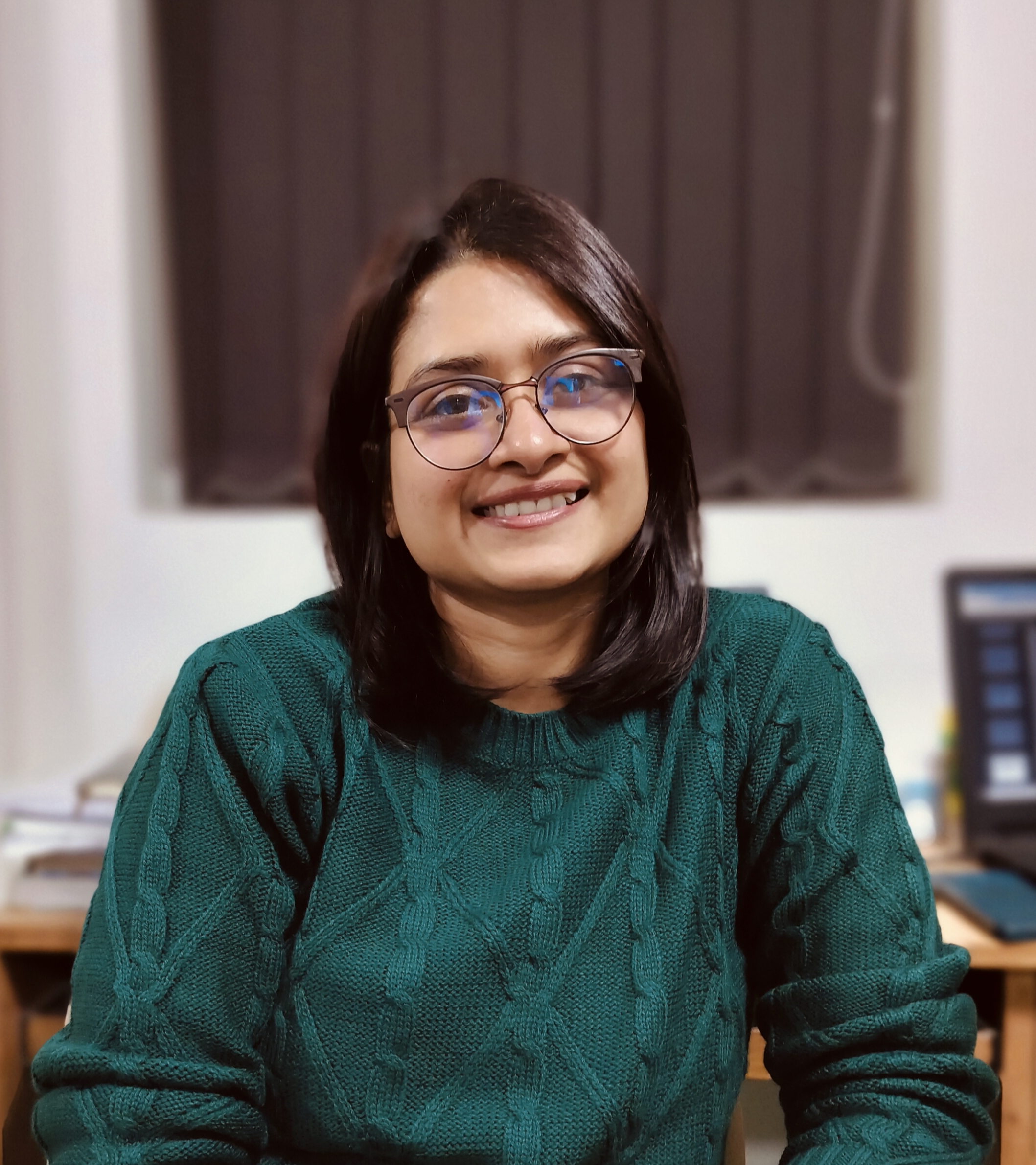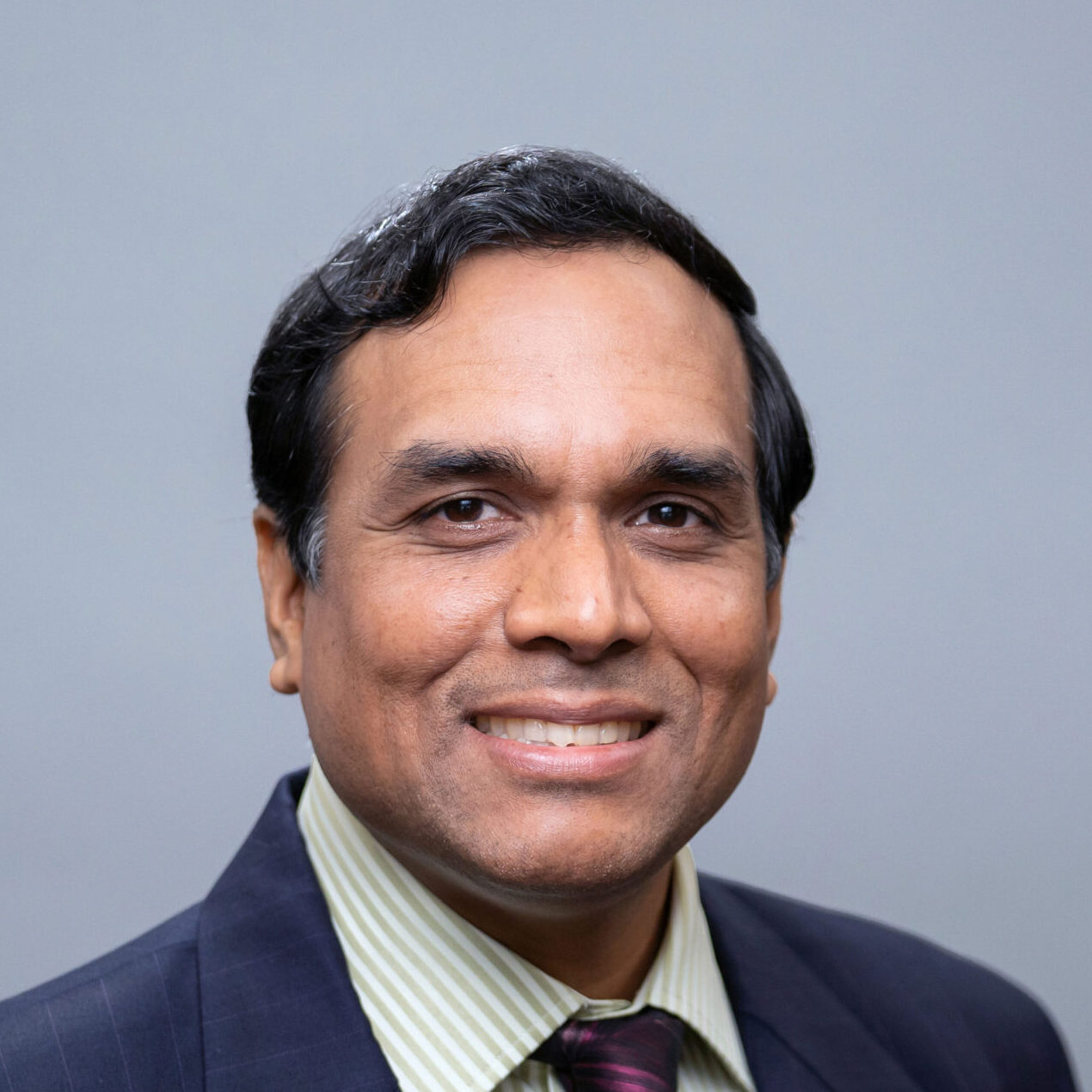Date and time: 28 November 2024, 13:00-14:00 CET
Speaker: Lonni Besançon, Linköping University
Title: Research integrity in the era of Artificial Intelligence
Where: Digital Futures hub, Osquars Backe 5, floor 2 at KTH main campus OR Zoom
Directions: https://www.digitalfutures.kth.se/contact/how-to-get-here/
OR
Zoom: https://kth-se.zoom.us/j/69560887455
Host/administrator: Mario Romero Vega

Photo: Thor Balkhed, Linköping University
Abstract: Within months of the SARS-CoV-2 virus being identified the disease progression to COVID viral transmission routes and treatment options had been carefully catalogued and effective vaccines had begun development. This stands as one of the most impressive scientific achievements of the modern era. However it is likely that the response to COVID-19 has succeeded in spite of, rather than thanks to, the present system for disseminating scientific outcomes. In fact in many ways the current dissemination system has failed us and been used during the pandemic. In this interactive talk I will explore, through examples in which I was involved in, how the publication system has been too opaque, politicized, and prone to fast publication without adequate correction.
I will then involve the attendees in detecting and trying to understand some of the current manipulations and misconduct that are the most often seen in the literature. The talk will cover everything from: questionable research practices to fake papers and include image/visualization manipulation, fake data, peer-review fraud, meta-data fraud, and paper mills and tackle the impact of Artificial Intelligence for the production and detection of questionable research practices.
Bio: Lonni Besançon is an Assistant Professor of Visualization at Linköping University, Sweden. He specializes in two primary research areas: developing and studying new interaction techniques for volumetric data visualization, and employing innovative visualizations to enhance statistical data interpretation. He is also dedicated to methodological improvements in research, particularly in detecting and mitigating questionable research practices and enhancing the transparency, robustness, and reusability of research results and materials. Notably, his sleuthing efforts during the COVID-19 pandemic have garnered international recognition, with scientific outlets such as Science acknowledging his contributions.
He is best known for his advocacy for better research practices and his sleuthing work which earned him distinctive titles such as “troublemaker for truth” (ABC) and “dogged critic” (Science). In outreach efforts, he tries to make other researchers embrace post publication peer review and academic sleuthing.




